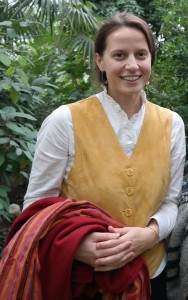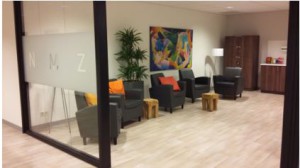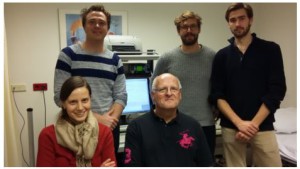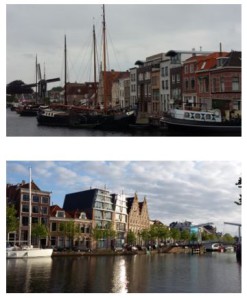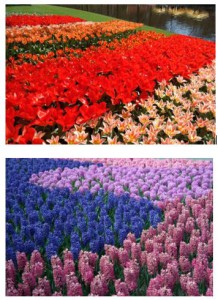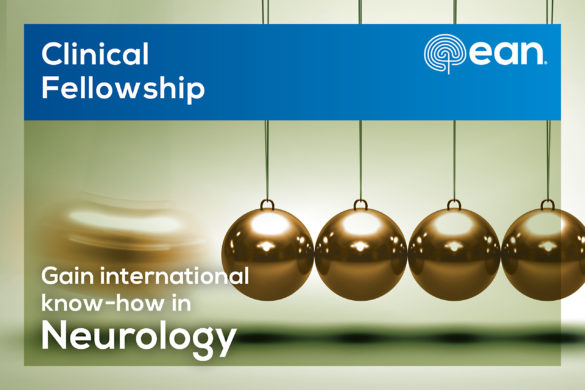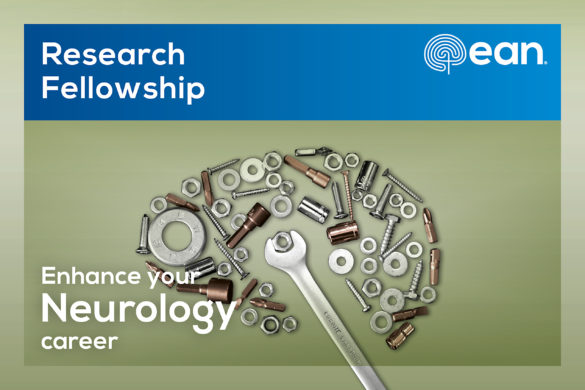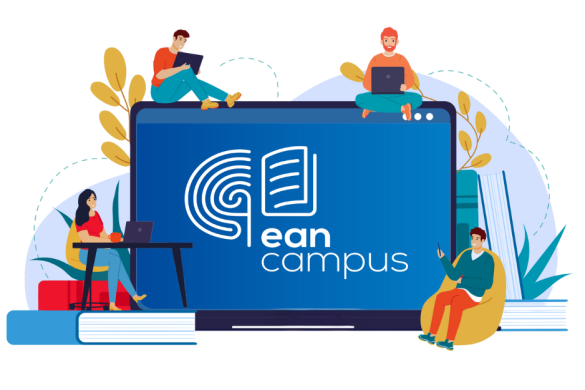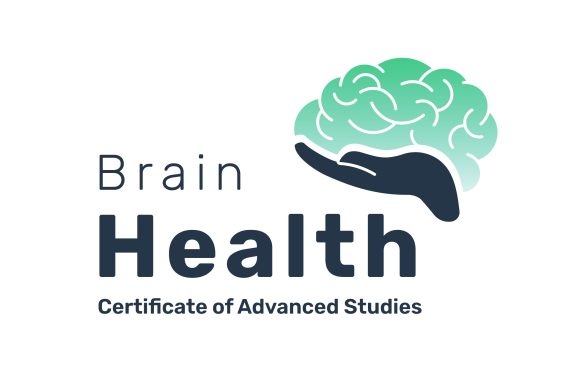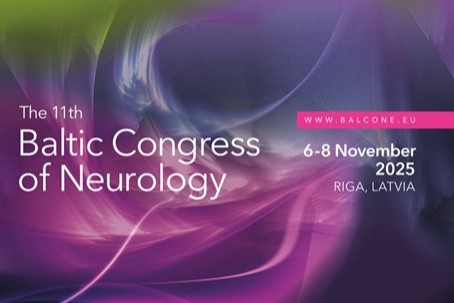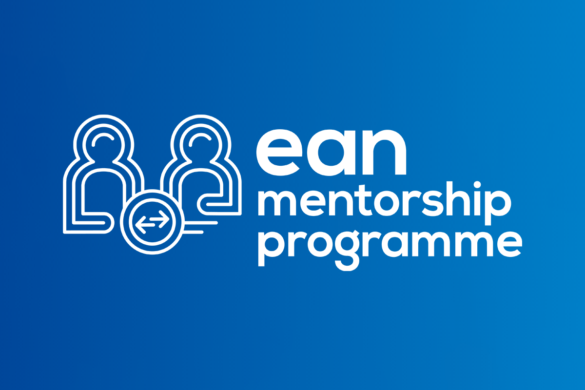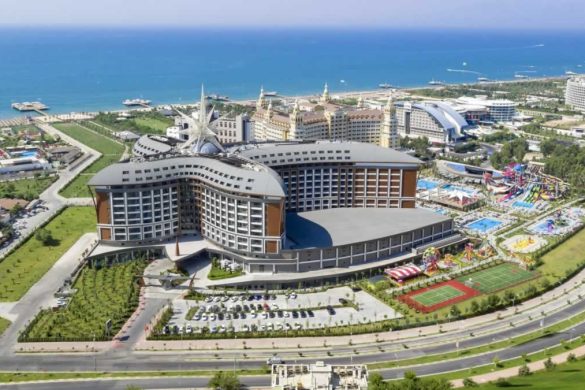In 2014 I was honored to be awarded with the scientific fellowship in the Department of neuromuscular disorders, University Medical Center, Utrecht, the Netherlands, supervised by Prof. Hessel Franssen.
My fellowship consisted in investigating biophysical properties of the peripheral nerve by means of threshold tracking technique, including isolated bipolar constant current stimulator (DS5, Digitimer, UK model D185-HB4) and QTRAC software (Institute of Neurology, Queen Square, London, UK), mathematical modelling, direct constant stimulation of the nerve in different modes in healthy subjects and patients with neuromuscular disorders.
My responsibilities were to undergo all documentation procedures for the excitability-trials, making them accepted by the local ethical committee; recruit, select and contact patients from the database, perform nerve conduction studies and excitability tests, analyze acquired data and present it in a form of a manuscript.
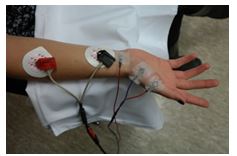
During the period of twelve months several research protocols on nerve excitability were performed: 1) the Na+/K+-pump function was tested to determine if subtypes of motor axons are affected by different mechanisms; 2) sensory axons were investigated to detect if, in nerves of MMN patients with normal sensory responses, there is abnormal ion-channel activity in the sensory axon membrane; 3) motor and sensory excitability tests and clinical assessment of sensory and motor function at temperatures of 37°C and 20°C were performed in healthy subjects, to assess if there are indications of relative Na/K pump up-regulation or other biophysical differences in sensory axons as compared to motor axons. Data was statistically analyzed, and to better understand the outcome results, extra measurements were added, such as the technique of direct constant current application and mathematical modeling. The results of the project were presented on Belgian-Dutch neuromuscular Study Club in Louvain (26th of November, 2014), Dutch KNF days (26th of March, 2015) and Neuromuscular conference in Moscow (23rd of October, 2015). The data was summarized in a manuscript, which was submitted; 4) the strength-duration time constant (SDTC) – as an important value in the pathophysiology of immune-mediated neuropathies like MMN – was explored in a way of the influence of external factors on its value in the human peripheral motor nerve. The influence of skin temperature and meal, together with the relationship between SDTC and age, gender and BMI were assessed.This study was performed on fifteen healthy volunteers with pre- and post-lunch excitability tests, as well ascontrol experiments with constant temperature.
During my fellowship I was fortunate to contact specialists from other clinical hospitals and labs, such as prof. Hugh Bostock (Queen Square, London, UK), James Howells (University of Sydney, Australia), prof. Michel van Putten (Twente, the Netherlands) who were very open and friendly in scientific brainstorming and in discussing methodological issues.
Large contribution for my professional formation was the responsibility of supervising students from medical faculty of the UMC Utrecht, involved in distinct excitability projects.
In order to proceed with excitability-investigations for this project, I was fortunate to become PhD student of the UMC Utrecht.
Apart scientific projects, I had great time in enjoying cultural performances as well as discovering beautiful landscapes all over the Netherlands with my colleagues from the neuromuscular department.
I am sincerely grateful to be granted the possibility to acquire and improve my professional and research skills, getting acquainted with special neurophysiological technique and discovering peripheral nerve in clinical, biophysical and mathematical approaches.
Special personal thanks to prof. Hessel Franssen, Leonard van Schelven, AlexanderVranken, prof. Leonard v.d. Berg, Boudewijn Sleutjes, Steven Hageman, Jesper Raaijman, all volunteers and technical personal of the neuromuscular department of the UMC Utrecht, European Federation of Neurological Societies to make my fellowship come true!
Dr. Kovalchuk works at the FGBU Federal clinical scientific center of medico-biological agency of Russian Federation, Moscow, Russia

